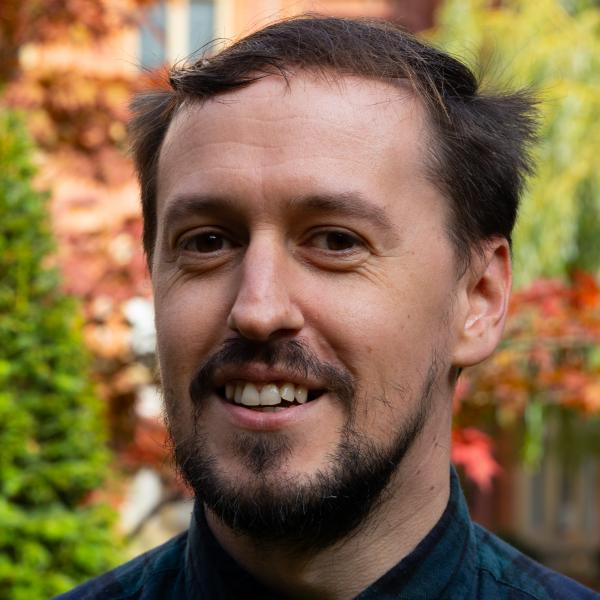- 91ż´Ć¬ is set to partner with a new semiconductor skills course to help the UK meet the rising demand for semiconductor engineers
- Semiconductors are the microchips that power all electronic machines and devices, without which modern infrastructure would not function, however the demand for skilled engineers far outweighs supply
- The new course at Sheffield – funded by the UK Electronics Skills Foundation – will train engineers in chip design and help more young people develop careers in the industry
- New course is part of the Semiconductor: Skills, Talent and Education Programme, following UK government investment of ÂŁ4.75 million in support of semiconductor skills
A new skills programme that will supply a pipeline of talent to the UK’s semiconductor sector – key to its long-term success – has been launched with support from the University of Sheffield.
The initiative, by the UK Electronics Skills Foundation, will see Sheffield partner with a new to help meet the demand for semiconductor engineers.
The course will enable more young people to pursue careers in the industry, in which the demand for highly skilled engineers currently vastly outstrips supply.
Semiconductors are the tiny chips that power all electronic machines and devices. Found in smartphones, computers, cars, medical devices and even household appliances, semiconductors enable complex processing, communication and automation. They are critical to advanced technologies such as AI, 5G networks, renewable energy systems and electric vehicles. Without semiconductors, much of the modern infrastructure that supports healthcare, transportation, communication and industry would not function.
The new course at Sheffield will train engineers in chip design through the design flow, to the point where it is ready for fabrication.
Professor John Goodenough, Chair in Microelectronic Systems at the University of Sheffield, said: “The challenge is clear: there can be no AI, communication, transport or digital services without chips - and no chips without skilled people to design and make them.
“We’re delighted to support the UKESF and DSIT in delivering this vital step towards a stronger semiconductor talent pipeline.”
Professor Goodenough added: “At Sheffield, we’re excited to bring our passion and experience to the programme, embedding it into our teaching and outreach activities. We look forward to building on our existing strengths in chip design and manufacture to create engaging, relevant and future-facing training for the engineers of tomorrow.”
The course is part of the UK Electronics Skills Foundation’s (UKESF) ), which follows the by Lord Patrick Vallance, the UK Minister for Science, about an investment of £4.75 million in support of semiconductor skills.
Stewart Edmondson, CEO of the UKESF, said: “We’re absolutely thrilled to be asked by DSIT to deliver the Semiconductor: Skills, Talent and Education Programme (STEP). This investment in starting to build a robust pipeline of skills will have an incredible impact on the semiconductor industry as a whole, and provide crucial support enabling more young people to pursue careers in our sector.”
91ż´Ć¬ is one of the UK’s leading universities for semiconductor R&D. It hosts the , – home to the very latest, state-of-the-art equipment – that underpins semiconductor research at universities throughout the UK. Bringing together academia and industry, the facility’s critical role in UK R&D was recently recognised in the .




